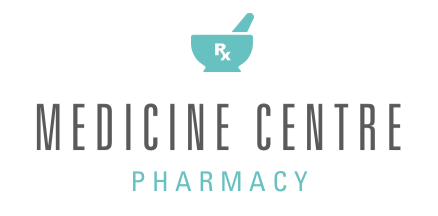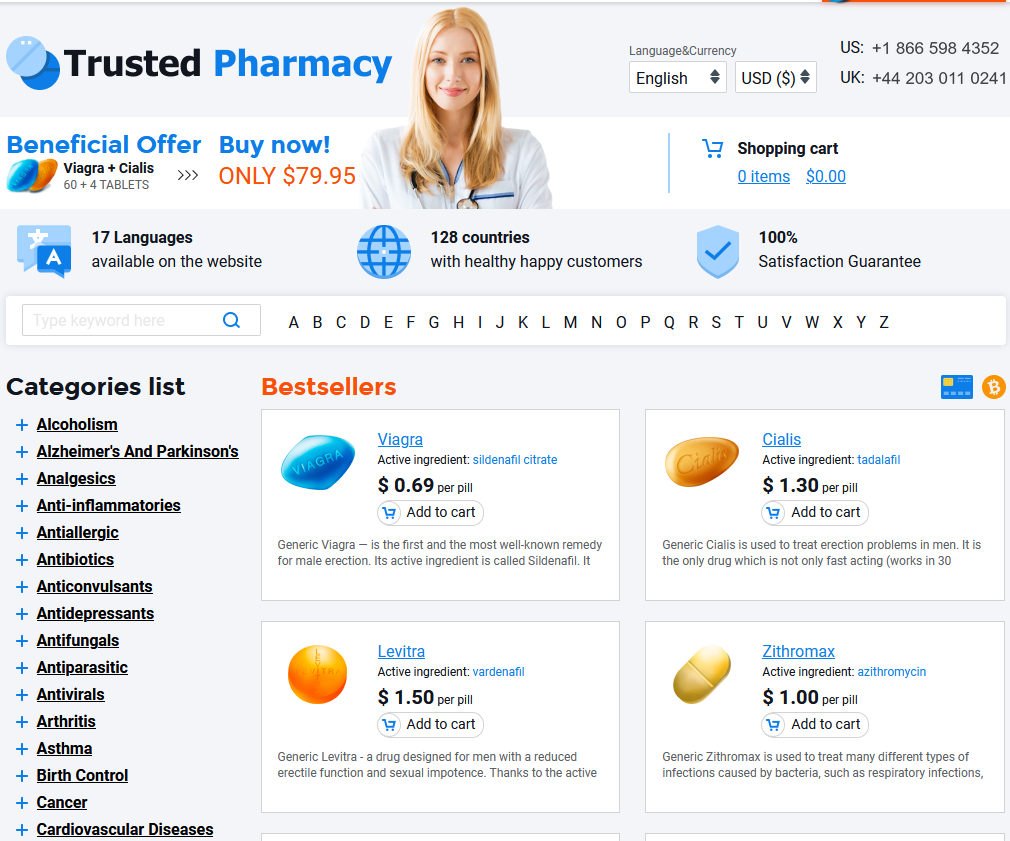To Visit Online Pharmacy Click HERE ↓
Antabuse for Women: Unique Considerations and Outcomes
How Antabuse Works Differently in Female Bodies
Antabuse, known by its generic name disulfiram, is a medication prescribed to support abstinence in people struggling with alcohol dependence. However, research indicates that women may experience Antabuse’s effects differently compared to men, largely due to physiological differences. Women generally have a higher body fat percentage and lower total body water, which can influence how medications are distributed and metabolized in the body. This can lead to more pronounced side effects and sometimes a stronger reaction to even small amounts of alcohol.
The liver, which processes Antabuse, may also function differently in women, affecting how efficiently the drug is broken down. Even small hormonal fluctuations can impact the way the medication works. As a result, dosing and monitoring may need adjusting for optimal safety and effectiveness.
| Factor | Impact on Antabuse in Women |
|---|---|
| Body Composition | Greater sensitivity to medication effects |
| Liver Metabolism | Potential for varied drug breakdown speed |
| Hormonal Changes | May alter drug effectiveness or side effects |
Understanding these physiological nuances is vital to providing women with the safest and most effective support during their recovery journey. Careful attention from healthcare providers can help address these unique considerations.
Hormonal Influence: Side Effects and Considerations

Women considering antabuse may notice that their bodies respond distinctively, partly due to hormonal fluctuations across menstrual cycles, pregnancy, or menopause. These changes can intensify some of antabuse’s common side effects, such as nausea, headaches, and mood swings—often making them less predictable or more pronounced. For women, it’s especially important to track symptoms and communicate with healthcare providers, as birth control pills and hormone-based therapies might further influence these reactions.
Individual experiences vary, but many find that understanding these hormonal interactions allows for better management of side effects. Being proactive about reporting any changes supports safer, more effective use of antabuse on the road to recovery.
Mental Health Challenges Unique to Women on Antabuse
For many women, committing to antabuse represents both hope and anxiety. Beyond the physical discomfort, emotional sensitivity and anxiety can increase after starting the medication, raising challenges that are often overlooked. The sudden inability to use alcohol for stress relief may intensify feelings of vulnerability, depression, or isolation, particularly for women juggling family or professional responsibilities.
Antabuse can sometimes amplify pre-existing issues such as low self-esteem or trauma. Women with a history of mood disorders may find adjustments especially difficult. Professional support, open conversations, and peer groups play vital roles during this time.
Ultimately, understanding these risk factors empowers women to seek targeted mental health support.
Interactions with Birth Control and Fertility Concerns

For women of childbearing age, taking antabuse introduces important conversations about reproductive health. Not only does the medication alter alcohol metabolism, but it may also interact with certain hormonal contraceptives. These interactions can sometimes lessen the effectiveness of birth control, making it critical for women to consult with their healthcare providers before starting antabuse.
Fertility is another area of concern for many women considering this medication. While research does not suggest a direct impact of antabuse on fertility, the process of recovery from alcohol dependence often brings reproductive health back into focus. Some women may experience changes in menstrual cycles during treatment, which can prompt further questions regarding conception and reproductive planning.
Open communication with healthcare providers ensures that each woman receives tailored advice. Practitioners can help navigate the complexities of medication, contraception, and fertility aspirations in the context of alcohol recovery. This holistic approach empowers women to make informed choices, supporting both their physical health and personal goals.
Social Stigma and Support Systems for Women
Women taking Antabuse often encounter societal misconceptions—some people wrongly interpret their use of the medication as a sign of weakness or moral failing, rather than a proactive health choice. This stigma can lead to feelings of isolation or reluctance to seek support, making the recovery journey more challenging for many women.
Building a robust support network is vital. Peer groups, therapy, and family encouragement all play essential roles in reducing shame and boosting motivation. When women connect with others facing similar struggles, they often experience greater resilience and empowerment.
Below are some common support options for women using Antabuse:
| Support Type | Description |
|---|---|
| Peer Support Groups | Share experiences and build community with others in recovery. |
| Counseling/Therapy | Receive professional emotional support and coping strategies. |
| Family Involvement | Gain encouragement and practical help from loved ones. |
Success Stories: Women Overcoming Alcohol Dependence
For many women, the journey to recovery with Antabuse is marked by resilience and hope. One story is that of a mother of two who, after years of struggling with alcohol dependence, found lasting sobriety through a combination of Antabuse, counseling, and strong peer support. Her experiences highlight how medical treatment paired with emotional encouragement can transform lives and break cycles of addiction.
Another inspiring example involves a young professional who worried about the impact of alcohol on her career and relationships. With Antabuse, she felt empowered to regain control and rebuild her self-confidence, illustrating the profound difference accessible treatment options can make for women.
These narratives reflect the broader trend of increased recovery rates among women using Antabuse, especially when interventions address the unique medical and social factors they face. By sharing these journeys, a path is illuminated for others seeking hope and healing.

